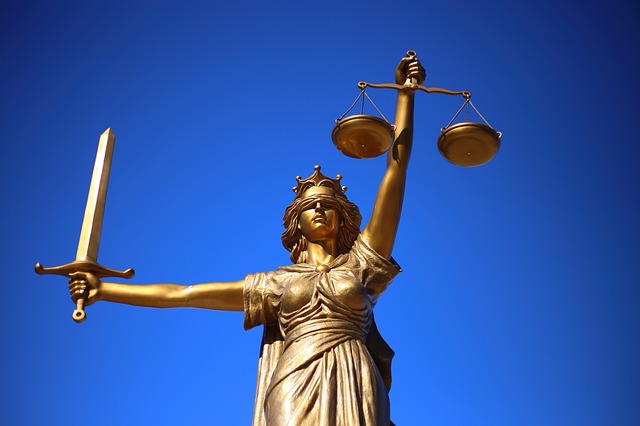Law Enforcement Proving to Be More Social
 It sometimes seems that social media has infiltrated every corner of society. People use their Facebook and Twitter profiles to socialize, get reviews of products and services, and more.
It sometimes seems that social media has infiltrated every corner of society. People use their Facebook and Twitter profiles to socialize, get reviews of products and services, and more.
Even law enforcement has gotten in on the act.
Boston marathon bombing was the biggest example of how social media can help – or hinder – an investigation. From YouTube videos posted by people who were at the marathon, to Reddit users spreading a photo of one of the suspects, social media played a part in finding the bombers.
Here are a few of the ways law enforcement harnesses the power of the internet to help them do their jobs:
Public Relations/Community Outreach
Law enforcement agencies need to establish trust with their communities to be more effective, and social networking has helped them do just that. Through their social profiles, officers can help humanize their departments.
Social media is a great way to show off officers’ accomplishments, deliver safety messages to a wider audience, and announce new law enforcement initiatives taking place in the community. Officers can also answer questions from the community, and public relations messages can be delivered to a wide audience almost instantly.
Social media is also very good at spreading the positive message around. For example, Law Listings regularly posts infographics promoting social responsibility.
Helping People in Distress
Whether it’s a runaway teen who gives away clues to where she’s headed on her Twitter profile, or a depressed person indicating he may be thinking about suicide, social media can help officers find people in need.
If tipped off about a person’s state of mind, law enforcement agencies can put together a good picture from that person’s posts, photos, and comments on friend’s pages.
Solving Crime
Finally, social media has started to play a bigger role in helping officers solve crimes. With almost everyone visiting at least one social network every day, officers now have a powerful tool at their disposal to get important information in front of a lot more people.
This wider audience means that a request for information on a suspect or crime is more likely to get a response. And sometimes, the officers don’t even have to make the first move – friends or family members may tip them off after a suspect brags about the crime on his or her page.
Once officers have a suspect in mind, social media becomes even more useful, allowing them to get a good look into the person’s state of mind, history of their behavior, and ideas on where to find them – all from watching their status updates.
Social media posts can also give insight into the mind – and possible motivations – of a person who’s committed a major crime. This was true of Adam Lanza, the shooter in the Newtown tragedy, and Jared Loughner, who shot Rep. Gabrielle Giffords and others in Arizona in 2011.
As social networking becomes more ingrained into our daily lives and activities, it will likely continue to grow as a law enforcement tool.
About the Author: Angie Mansfield is a freelance writer covering social media, business, and business owners such as Steve Wynn.
Image Credit: 1.
Posted in Social Networking. Tags: legal, social media law
No Replies
Feel free to leave a reply using the form below!

